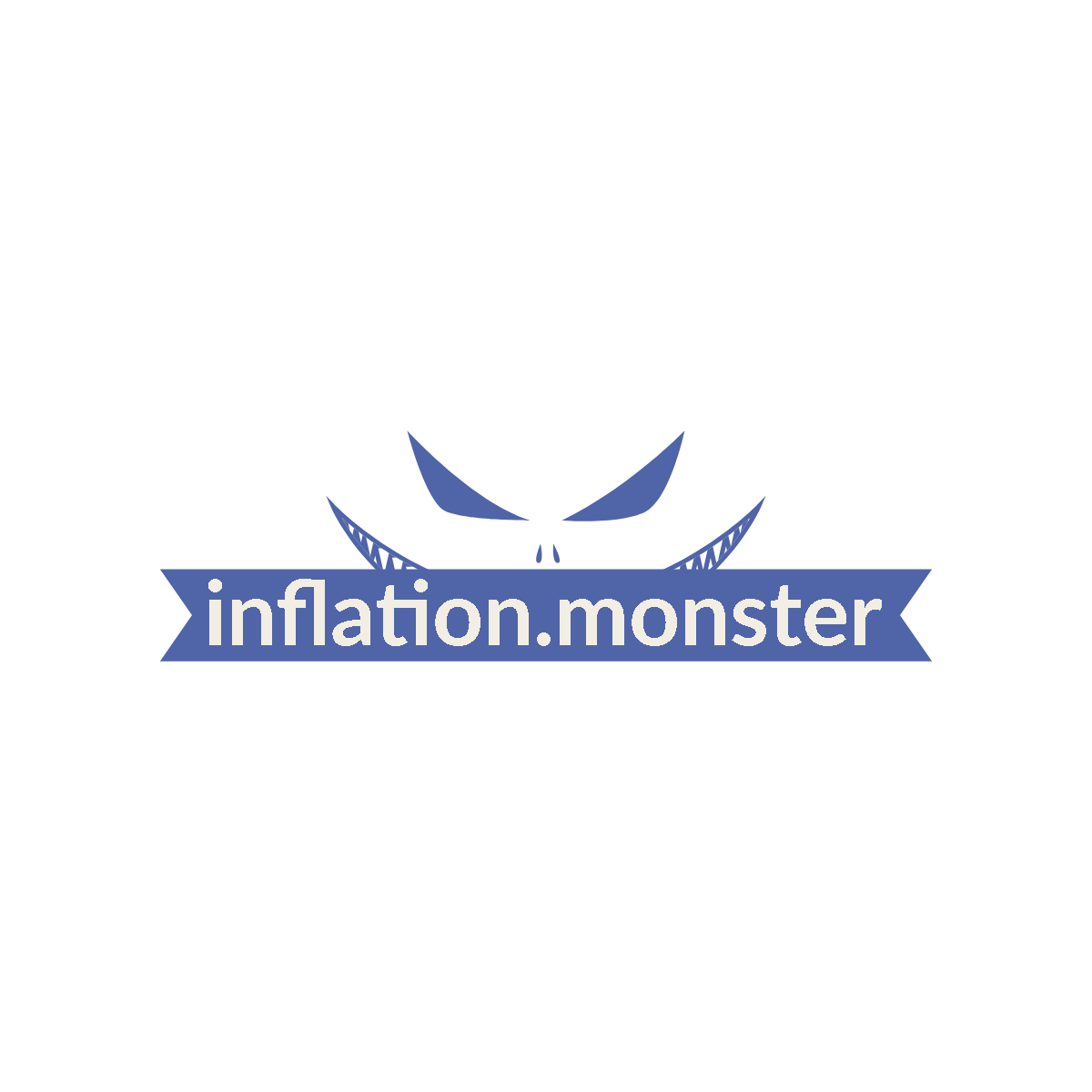Inflation can be a menacing monster that haunts the world of money and economics, leaving many puzzled and vulnerable. As we venture into the realm of emerging market economies, it becomes even more crucial to examine the relationship between inflation and these countries. How does inflation impact these economies? What strategies do they employ to combat it? Join us as we explore the complexities of inflation and its effects on emerging markets, arming you with the knowledge necessary to navigate this tumultuous financial landscape.

Causes of Inflation in Emerging Market Economies
When it comes to understanding the causes of inflation in emerging market economies, it is essential to consider various factors that play a significant role in driving up prices. These factors can be broadly categorized into monetary factors, fiscal factors, and supply factors. Let’s explore each of these categories in more detail.
Monetary Factors
One of the primary contributors to inflation in emerging market economies is monetary policy. When the central bank implements an expansionary monetary policy, it increases the money supply in the economy. This surge in the money supply often leads to an increase in demand for goods and services, ultimately causing prices to rise.
Another significant monetary factor that can trigger inflation is the devaluation of the domestic currency. A weaker currency makes imports more expensive. As a result, the increased costs of imported goods and raw materials translate into higher prices for consumers.
Additionally, foreign capital inflows can also exert inflationary pressures. When foreign investors pour money into emerging market economies, it can lead to increased demand for goods and services, pushing prices higher.
Fiscal Factors
Fiscal factors also play a crucial role in driving inflation in emerging market economies. High government spending is one such factor. When governments engage in excessive spending, they inject more money into the economy, causing an increase in demand and, consequently, price levels.
Budget deficits, where the government spends more than it collects in revenue, can further contribute to inflation. In an attempt to bridge the deficit, governments resort to borrowing, which increases the money supply, thereby driving prices up.
Public debt, accumulated over time, can also lead to inflation. When a government is burdened with high levels of debt, it may resort to printing more money to meet its obligations. This infusion of additional money into the economy can fuel inflationary pressures.
Supply Factors
Supply factors, such as shortages of essential goods, can also contribute to inflation in emerging market economies. When there is a scarcity of vital commodities, the demand often outstrips supply, driving prices higher.
Infrastructure constraints can also hinder the efficient production and distribution of goods and services. Inadequate transportation networks or power supply limitations can lead to increased costs, which are then passed on to consumers in the form of higher prices.
Moreover, commodity price shocks can have a significant impact on inflation in emerging markets. Fluctuations in the prices of key commodities, such as oil or agricultural products, can disrupt the supply chains and drive up the overall cost of production, thereby pushing inflation levels higher.

Impacts of Inflation on Emerging Market Economies
The consequences of inflation in emerging market economies can be far-reaching and detrimental. Let’s delve into the impacts that inflation can have on these economies.
Economic Instability
One of the most significant effects of inflation is economic instability. When prices rise rapidly, it erodes the purchasing power of consumers. This decrease in purchasing power can lead to a decrease in consumer confidence and spending. As a result, businesses may face reduced demand, leading to decreased revenues and potential layoffs.
Furthermore, inflation can discourage investment in the economy. Investors may shy away from allocating funds in a high-inflation environment due to uncertainties and doubts about the future profitability of their investments. This reduced investment can hinder economic growth and development.
Unemployment rates can also be negatively influenced by inflation. When businesses face decreased demand and reduced profitability, they may resort to cost-cutting measures, including laying off employees. This job loss adds to the unemployment rate, exacerbating economic instability.
Weakened Currency
Another impact of inflation in emerging market economies is a weakened currency. As inflation rises, the value of the domestic currency tends to decrease relative to other currencies. This depreciation in currency can have several implications.
Firstly, a weakened currency reduces the purchasing power of consumers. People can buy fewer goods and services with the same amount of money, leading to a decline in living standards.
Moreover, a weaker currency can also contribute to higher import costs. Since emerging market economies rely heavily on imports, the increased prices of imported goods and raw materials can further drive up inflation.
Additionally, a weakened currency can result in trade imbalances. When a country’s currency depreciates, its exports become cheaper for foreign buyers. However, imports become more expensive for domestic consumers. This imbalance can lead to a deterioration in the trade balance, negatively impacting the overall economy.
Increased Costs of Borrowing
Inflation can also have a significant impact on borrowing costs in emerging market economies. As inflation rises, central banks may increase interest rates to curb inflationary pressures. Higher interest rates make borrowing more expensive for businesses and individuals, reducing investment and consumption.
Moreover, increased borrowing costs can lead to the crowding out of private investment. When the government expands borrowing to cover its expenses, it competes with the private sector for available funds. This competition can drive up interest rates, making it more challenging for businesses to secure loans and invest in expansion or innovation.
Furthermore, inflation can raise concerns about the sustainability of the public debt. If inflation erodes the value of the currency and lowers the purchasing power of the government’s revenue, it becomes more challenging to service and repay existing debts.

Measures to Control Inflation in Emerging Market Economies
To mitigate the adverse effects of inflation, policymakers in emerging market economies can implement various measures. Let’s explore some of the strategies commonly employed to control inflation.
Monetary Policy Tightening
One of the primary tools available to central banks is monetary policy tightening. This involves implementing measures to reduce the money supply in the economy. Central banks may raise interest rates, increase reserve requirements for commercial banks, or sell government securities to absorb excess liquidity.
By tightening monetary policy, central banks aim to reduce aggregate demand, which can help curb inflationary pressures. However, it is essential for policymakers to strike a balance between controlling inflation and promoting economic growth.
Fiscal Discipline
To combat inflation, emerging market economies can adopt fiscal discipline. This involves implementing prudent fiscal policies, such as reducing government spending and implementing measures to achieve budget surpluses.
By reducing government spending, policymakers can help reduce the injection of excess money into the economy. This reduction in spending can help alleviate inflationary pressures and promote price stability.
Structural Reforms
Implementing structural reforms can also contribute significantly to controlling inflation in emerging market economies. These reforms focus on improving the underlying foundations of the economy, facilitating long-term growth, and enhancing competitiveness.
One crucial aspect of structural reforms is improving infrastructure. Enhancing transportation networks, power supply systems, and telecommunications infrastructure can help reduce production costs and improve efficiency, mitigating inflationary pressures.
Promoting productivity is another essential component of structural reforms. By enhancing education and skill development, policymakers can help improve the productivity of the workforce. Increased productivity can lead to higher economic output without driving up costs, thereby reducing inflationary pressures.
Moreover, policymakers can focus on enhancing competitiveness in the global market. Implementing measures to promote exports, attract foreign direct investment, and encourage innovation can help stimulate economic growth and reduce reliance on imports. This reduced reliance on imports can help mitigate inflationary pressures stemming from higher import costs.
In conclusion, understanding the causes and impacts of inflation in emerging market economies is instrumental in formulating effective strategies to address this economic challenge. By addressing monetary factors, fiscal factors, and supply factors, implementing measures to control inflation, and pursuing structural reforms, emerging market economies can navigate the complexities of inflation and foster sustainable economic growth.




